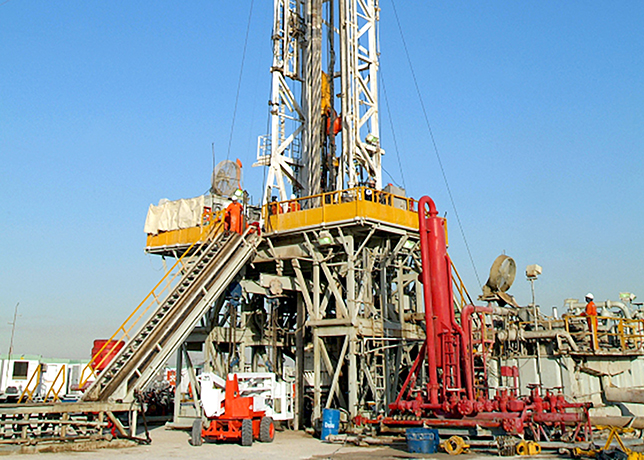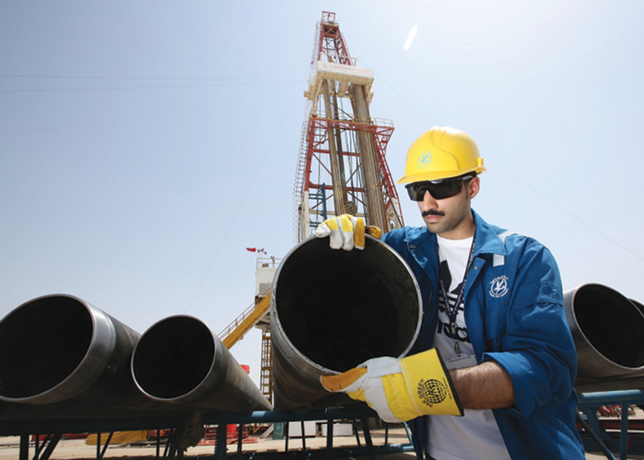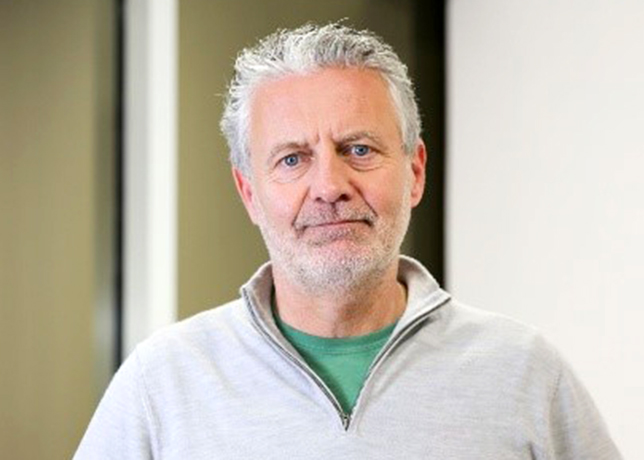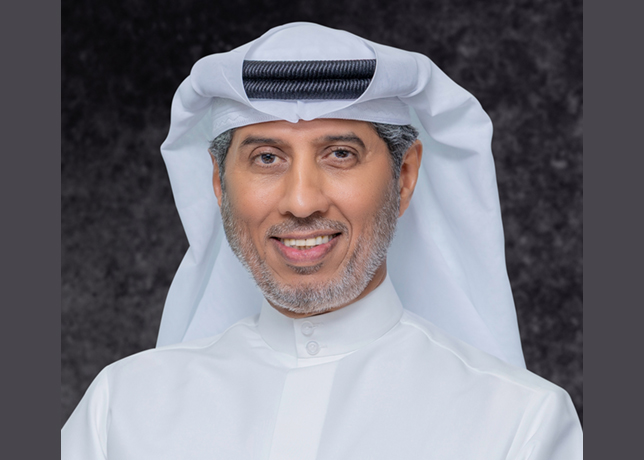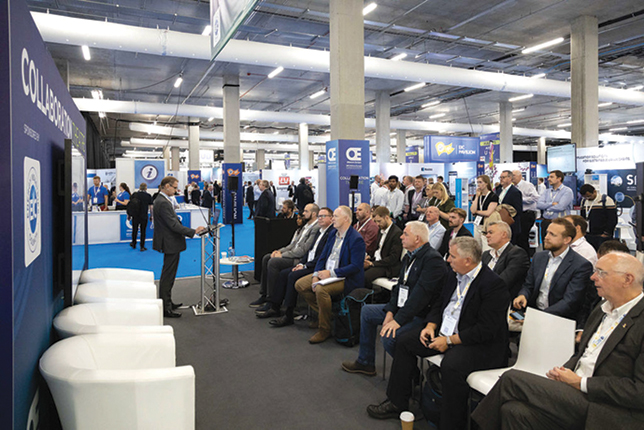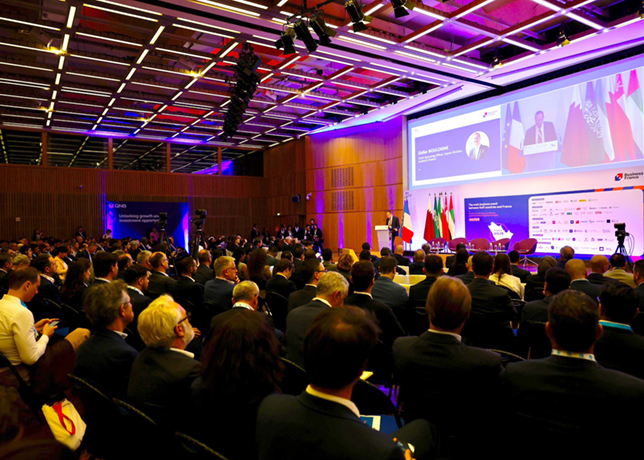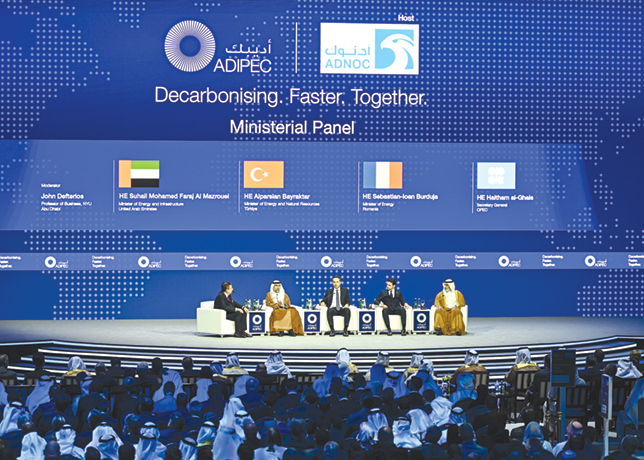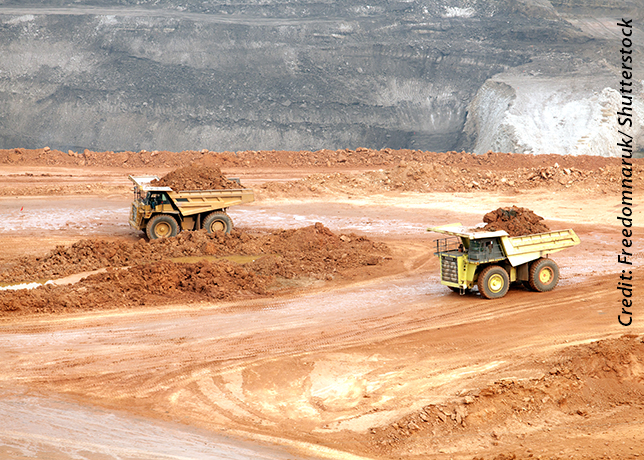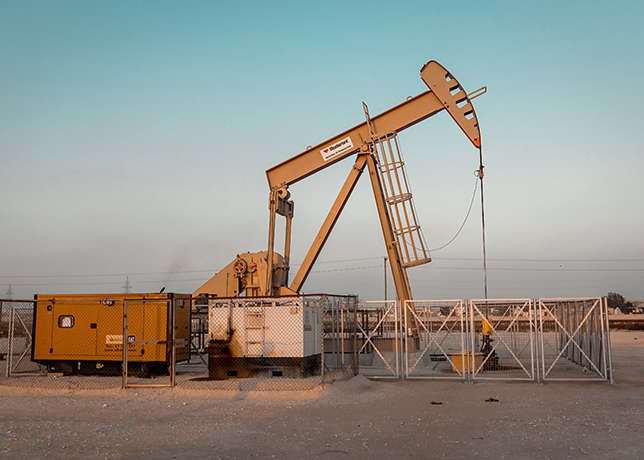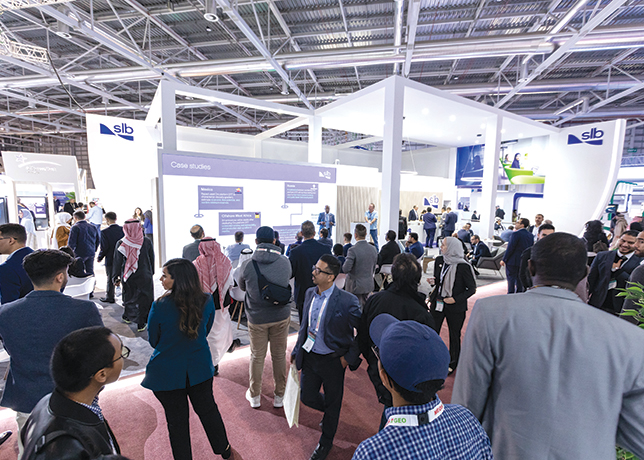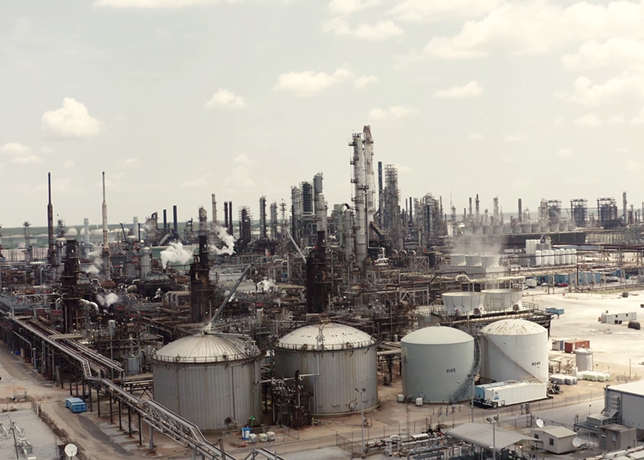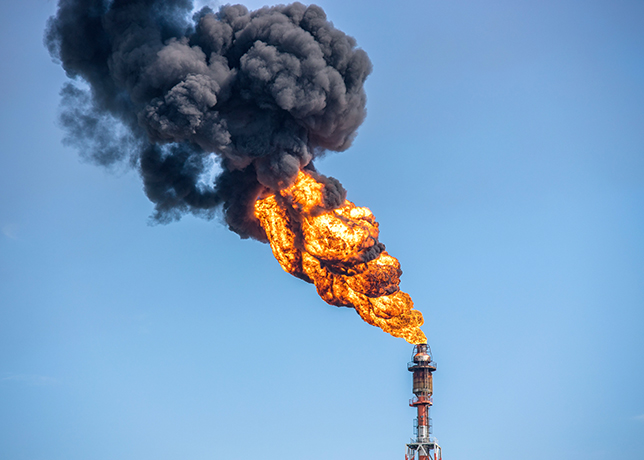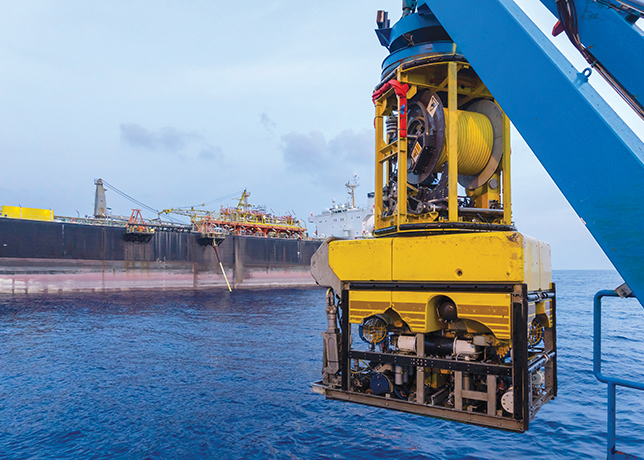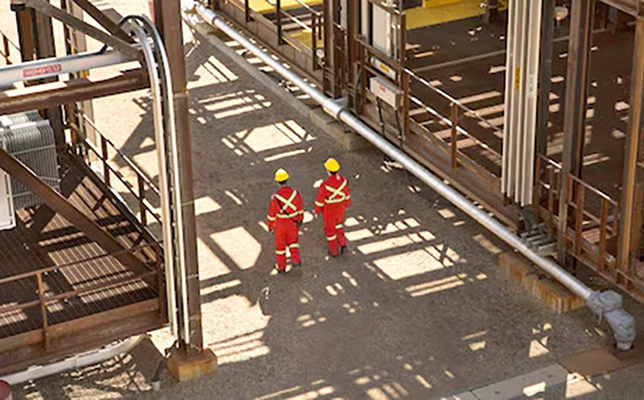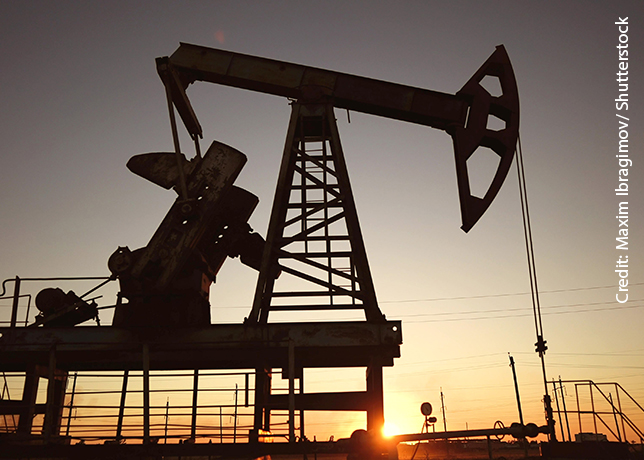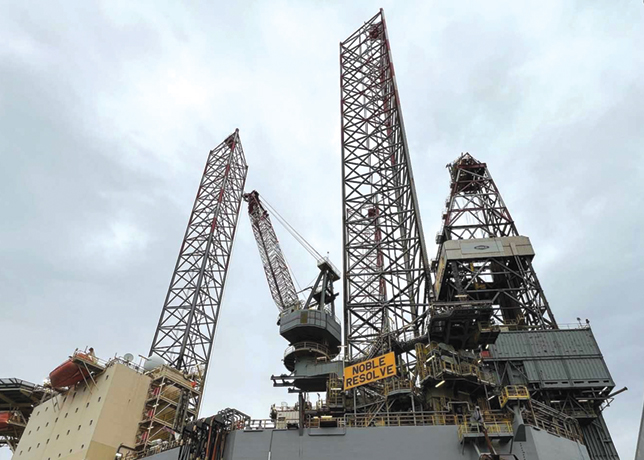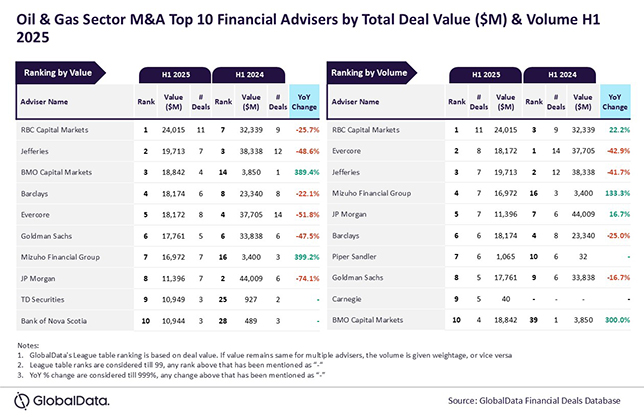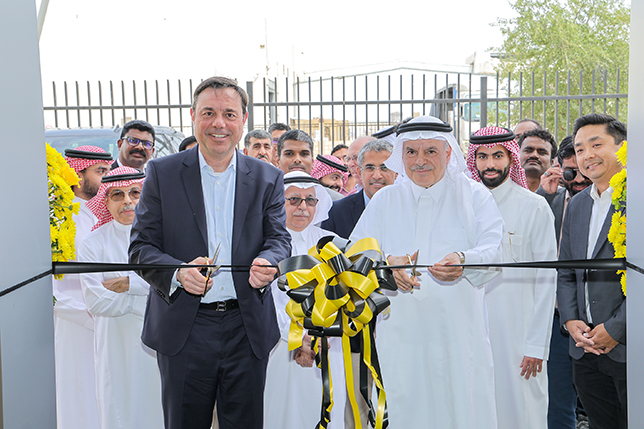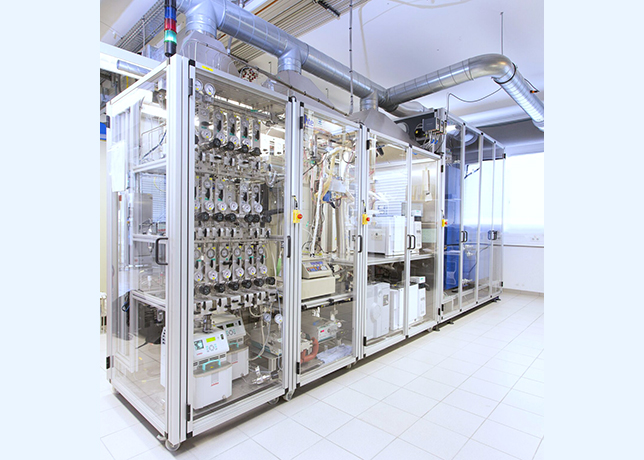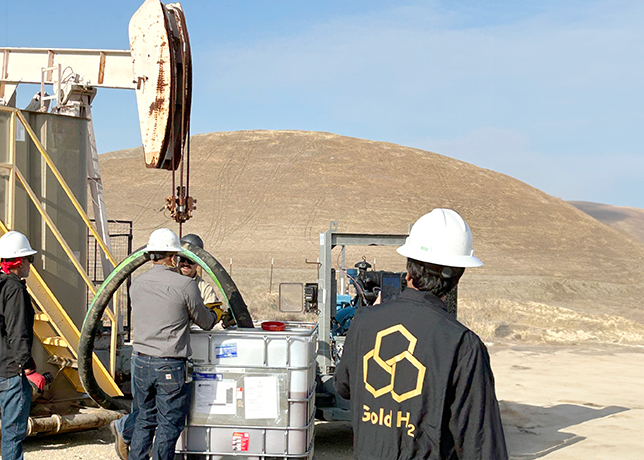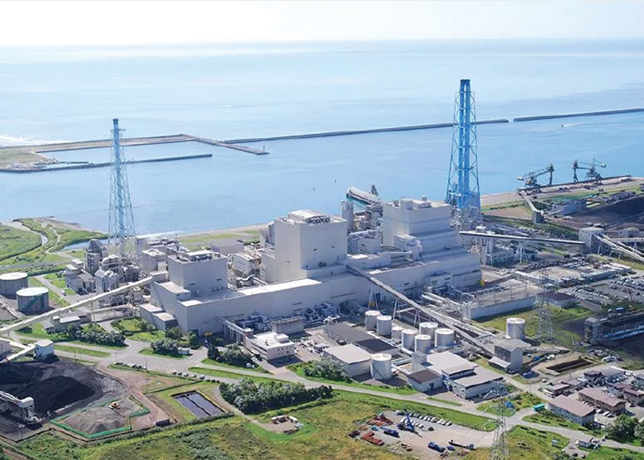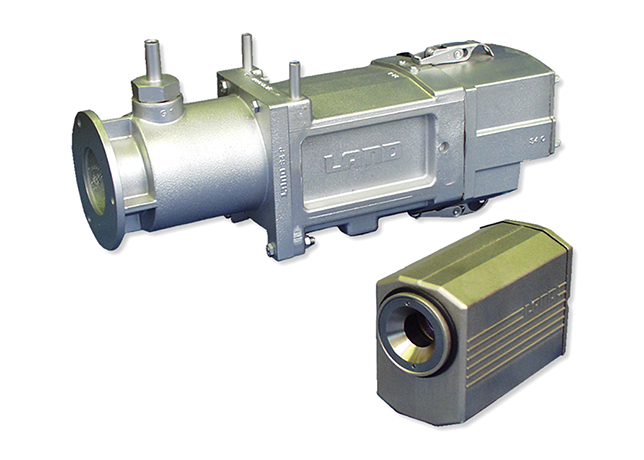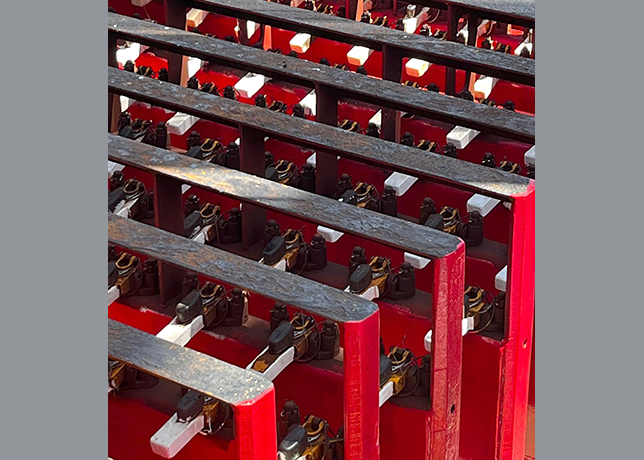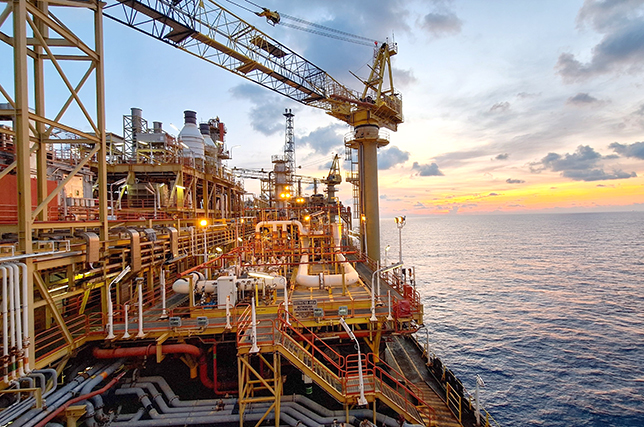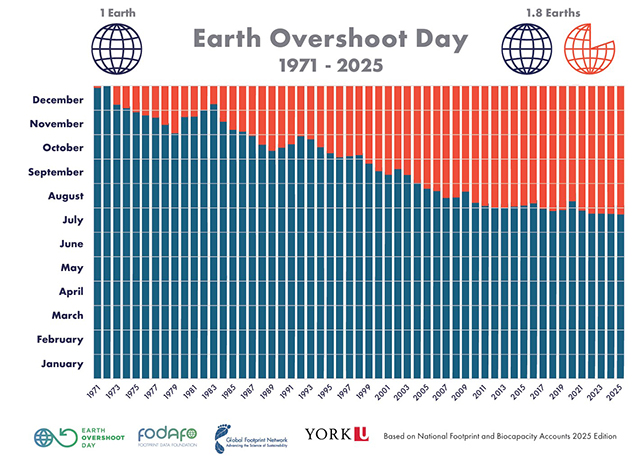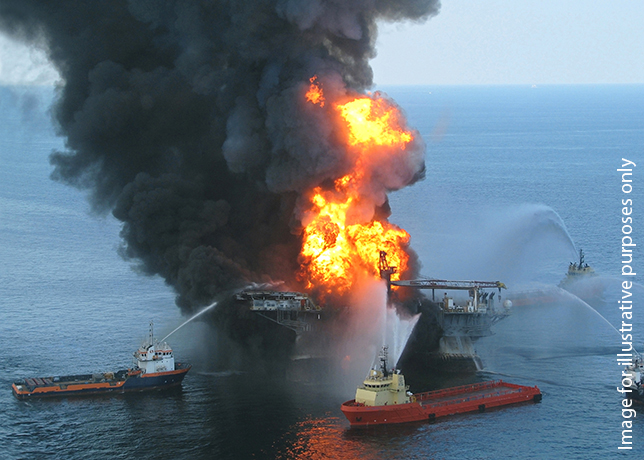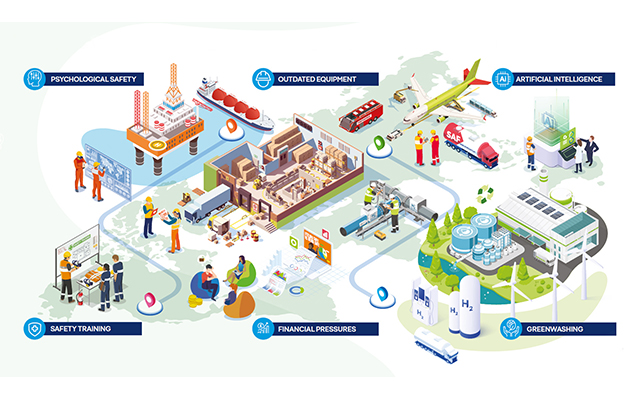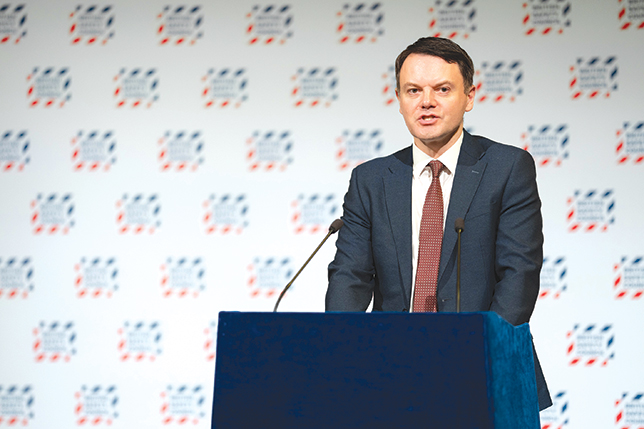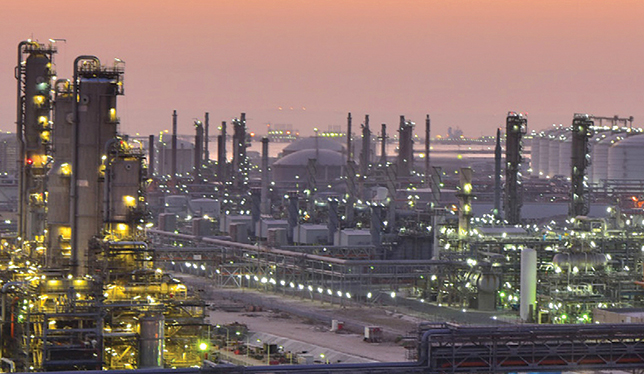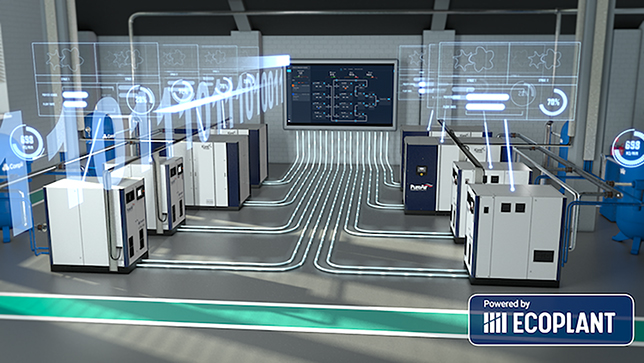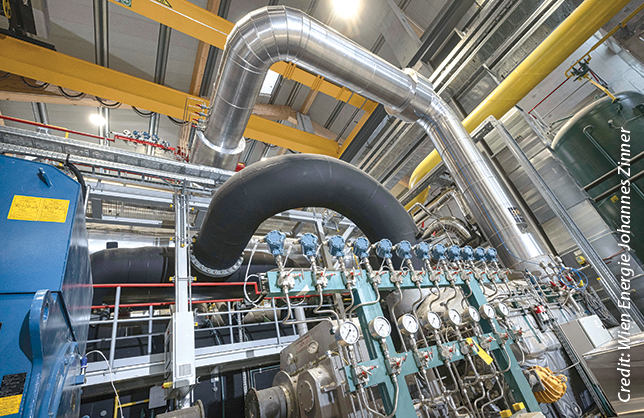
 Investments in petrochemical facilities planned
Investments in petrochemical facilities planned
Sabic plans to invest in petrochemical production facilities in China, despite cheaper production costs in its Middle East home market.
Yousef Al-Benyan, general manager of Sabic Asia Pacific, said a China plant would be an important piece in the firm’s global expansion push, allowing it to be closer to its biggest customer in the region.
Sabic, the world’s fourth-largest maker of polyolefin, last year sold $1 billion worth of products to China.
The mainland accounted for 57 per cent of its sales in Asia and 7.9 per cent of sales worldwide.
“Growth of petrochemical demand in China has been tremendous averaging 7.6 per cent a year in the past 10 years,” Al-Benyan said. “We believe this rate will continue in the coming decade.
He said the company’s plans to build petrochemical facilities in would help its ambitions to become a global player.
“Production cost-wise, you can’t beat the Middle East, where raw materials are abundant,” he said. “But it is also essential that we are closer to our customers.”
Standard & Poor’s analyst Lorraine Tan said that by producing closer to customers, Sabic could save on transport costs, which had surged this year.
“The turnaround time will be much quicker, so you can better meet your customers’ needs,” Tan said, adding that China’s policy of encouraging local production for import substitution would also favour Sabic’s investment.
BP, Royal Dutch/Shell Group and ExxonMobil have petrochemical plant construction projects in China, which imports more than half of its basic petrochemical needs.
Meanwhile, the state-run Chinese Petroleum Corp (CPC) will cooperate with Sabic to set up a joint-venture naphtha cracking plant in Saudi Arabia with an annual output of 1.2 million tonnes of ethylene, and some other middle- and downstream petrochemical plants.
CPC said the cooperation with Sabic is focused on establishing a vertically integrated petrochemical production facility there.
Total investment in the joint venture will amount to T$120 billion ($3.52 billion ). CPC said it would vie for a 50 per cent stake in the joint venture.
To that end, CPC president Chen Pao-lang has instructed Tsao Ming, executive officer of the company’s petrochemical business division, to carry out the joint-venture project with the assistance of planning department.
Chen noted CPC is a state-run enterprise and remains prohibited from investing in mainland China. Accordingly, the Middle East will be the company’s optimal choice for overseas investment.


